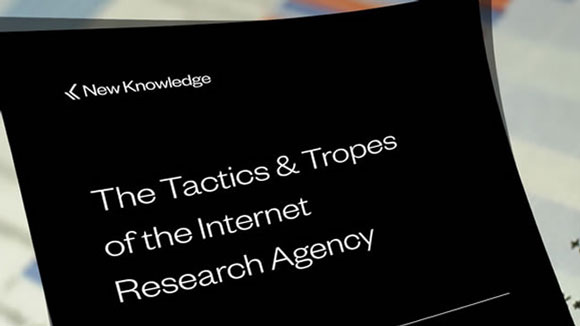Could Techquity Power a Greater Digital Revolution?
 Congresswoman Robin Kelly
Congresswoman Robin Kelly
Illinois – 2nd Congressional District
Facebook: @reprobinkelly
It’s no secret that technology is disrupting, reshaping, driving and altering our lives and economy.
Today, we are more connected than we’ve ever been at any point in history. Ideas and capital flow via a stream of electrons. Everyday tasks are being revolutionized. Technology is boosting productivity. Working from anywhere is seamless. And digital wealth is being generated.
But can we do better? Can we harness this digital revolution to better improve our lives and communities?
The answer is “yes.”
The digital revolution hasn’t reached its full potential because too many of our best and brightest aren’t included.
Unfortunately, too many young people are locked out of the emerging tech economy due to barriers tied to gender, race and zip code. These individuals are the great untapped potential that techquity could unleash. But how do we take the idea of techquity and make it a reality?
First, we need to prepare our young people for these good jobs. Far too few of our high schools—just 25 percent—offer Advanced Placement (AP) computer science programs, in part because of a shortage of qualified teachers.
These schools are seldomly located in communities of color (just 20 percent of AP computer science test takers are African American or Latino). And with respect to gender diversity, women represent only 27 percent of test takers – a number that narrows again when you consider women of color.
We are making progress—some of these numbers have doubled over the last year, but they are still, tragically, miniscule. In that vein, change starts at the most elementary level, which is why we must invest in training and hiring more computer science teachers for our schools.
In Congress, I’ve offered legislation to increase the number of STEM educators by providing tuition and loan forgiveness incentives to those who dedicate five years to training the next generation of coders and developers.
Additionally, the techquity movement is one that needs to invest in our neighbors. While our economy is creating many new jobs, too few of our neighbors have the right skills to fill them. In Chicagoland, Manufacturing Renaissance Chicago estimates there are 15,000 unfilled advanced manufacturing jobs with an average starting salary of $70,000. With as little as six weeks of training, we can get our neighbors the appropriate skills necessary to take on these jobs and make things right here in America.
In pushing to power a greater digital revolution, I’m fighting for more and better job training programs. Using a model successfully developed in my district, I’m working to incentivize community colleges and employers to work together on course curriculum, so students graduate career-ready and with solid industry connections.
I’m also working to ensure that we provide ample opportunity for all to access technological innovation. We need more programs like Black Girls Code, STEM boot camps, hack-a-thons and innovation hubs like Blue1647 in my district.
These opportunities expose young people to STEM, offer training, and foster businesses that can become community cornerstones that create jobs, opportunity and long term economic growth.
Tech companies and start-ups often locate to regions where residents have high-tech acumen. There’s a direct line from a qualified workforce to economic development and economic opportunity. This innovation culture is a perfect example of, “If you build it, they will come.”
We know what’s necessary to throw open the doors of opportunity for young people. The question is “can we get it done?”
In a year that began with #ThankYouBlackWomen trending on Twitter, let’s remember that we are strengthened by our diversity, and continue to fight for techquity for our families, neighbors and communities.


 Equality Index
Equality Index  Senate Report
Senate Report  2020 SOBA Essays
2020 SOBA Essays  2019 Report
2019 Report 